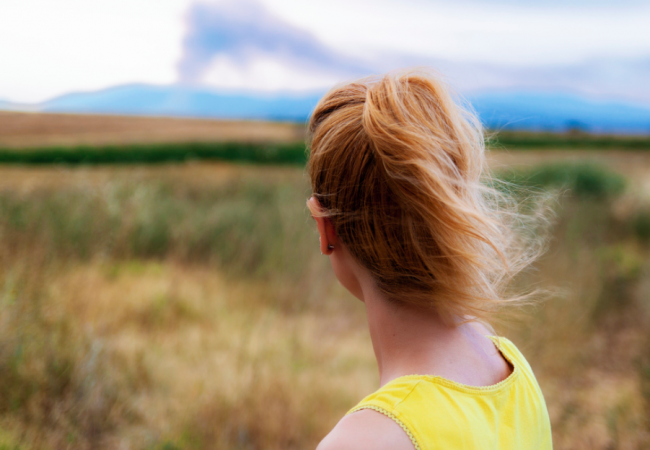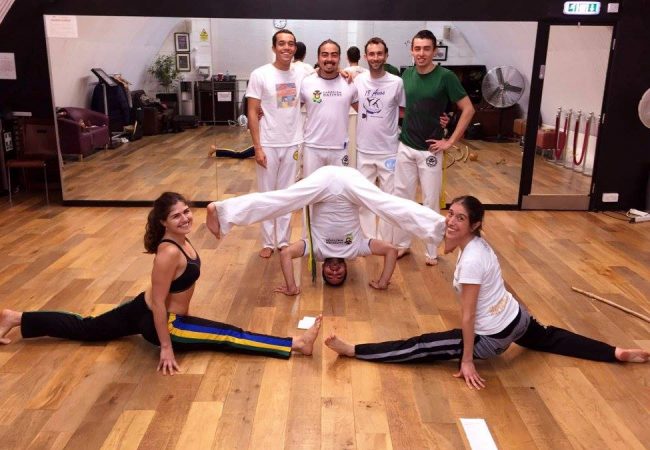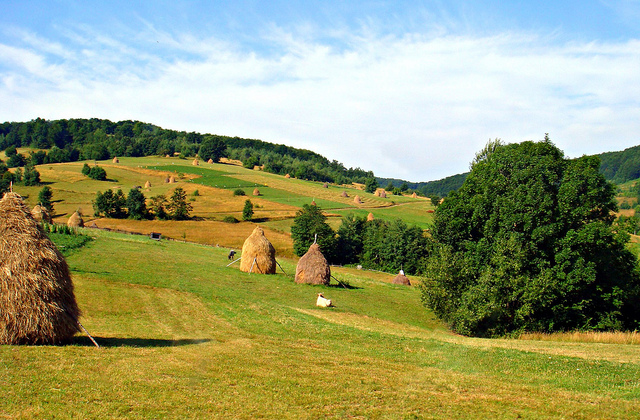When you get older you tend to become more "serious" and stop doing things for fun. Why? What's wrong with doing things for fun? I take another look at how 'fun' can be a huge drive for potential.

At the top of her game
She was at the top of her game.
Her patch, her name, her reputation.
A decade of fighting but money came in and people admired her for it.
Enough for a house, travel, you name it. She could stop working if she wanted to. Retire, even.
But as we sat at the dinner table, she said, “I don’t know what to do. Another year’s gone by and I haven’t done anything.”
She had won awards, been in newspapers, gained legions of fans.
“I’m in exactly the same place where I was last year and the year before that and the year before that.
“Maybe I need a man.”
Yet she had had plenty of those.
“You’re right, I don’t need a man. It’s just all so pointless.
“I wanted to get off the hampster wheel and all I’ve gone and done is make another one.”
My great-grandfather said something about this.
Between the Wars he ran a community farm. It was an experiment and people were invited to take part.
Mechanisation (what we’d probably just call technology now) and capitalism had made us detached from nature, from Earth, from life, he said. Real life. Not culture or society but brown mud, green grass and blue sky.
In the seventh year of the farm, amidst Hitler’s global genocide, he wrote how the farm intrinsinctly felt good,
‘Agricultural production is the basis of all civilisations, and that, unlike other natural resources, the land, when treated with wisdom and justice, is inexhaustible.’
He saw that we had become separated from the land. That we could not even see it anymore. And it’s not like he was a lifelong farmer or anything, he was in fact a journalist working part-time in the City.
John Middleton-Murry saw that all civilisation and modernity stems from agriculture. All our structures, laws and armies. They all serve the protection of our food.
As Yuval Hasari, author of Sapiens: A Brief History of Humankind wrote, as soon as man planted wheat he also made huts, schools and walls.
Civilisation is a spiral with Nature and agriculture at its heart. It starts with a field of wheat then moves to workers sowing seeds, teachers looking after children, governance managing production, armies protecting and enforcing, money enabling trade, insurance covering losses, financiers propping the insurers and so on and so forth.
The spiral becomes bigger and bigger and we, as she did, quickly find ourselves detached from the heart of things: what it’s all for – a field of wheat.
And if we’re all detached from the land on which it’s grown then who is treating it with ‘wisdom and justice’ to insure it remains ‘inexhaustible’ for ourselves and all future generations?
Few, very few.
It’s for this reason the macro effects of climate change creep up on us and catch us sleeping. We’ve been blind, looking outwards and upwards rather than what’s under our feet.
To change, we must take steps back towards the centre of the spiral.
Leave the city and towns. Go for a long country walk. Camp under the stars. Swim in the sea.
Learn to love Nature and then invest in its safeguard. Plant a forest with Trees For The Future. Save several species with The Frozen Ark. Create a wind turbine with Abundance.
Previous Post: The Only Two Reasons You Should Buy Something


